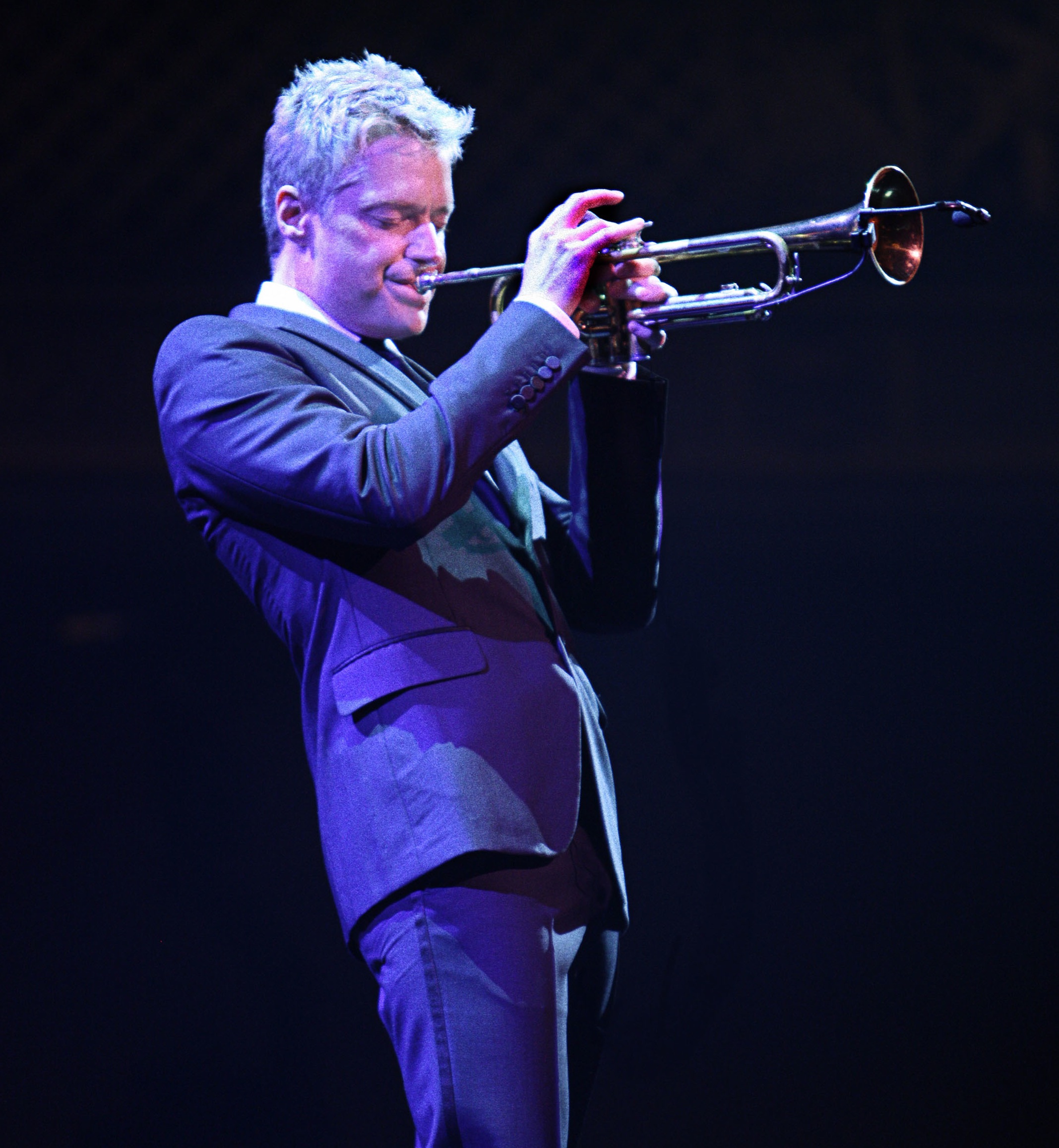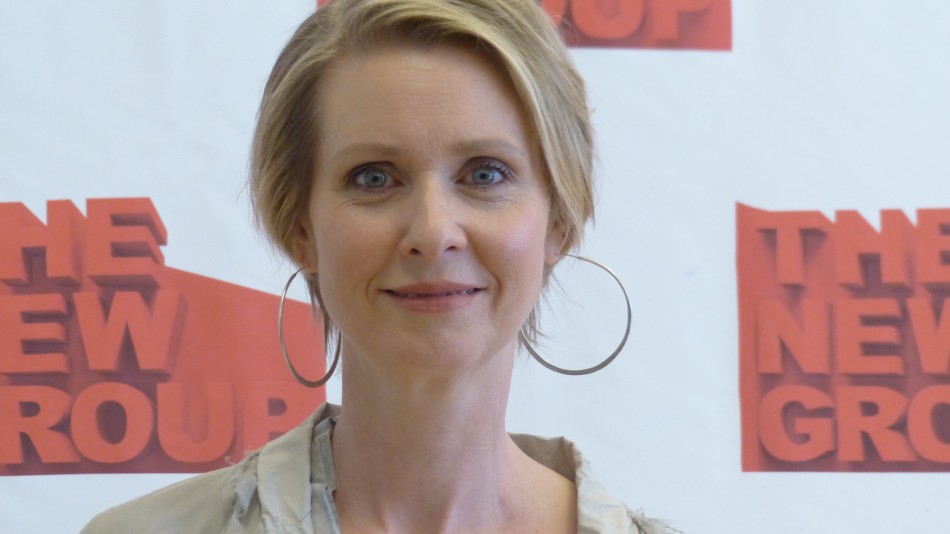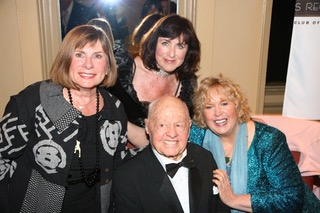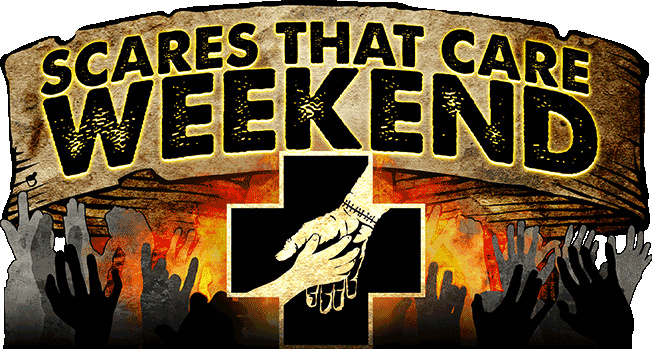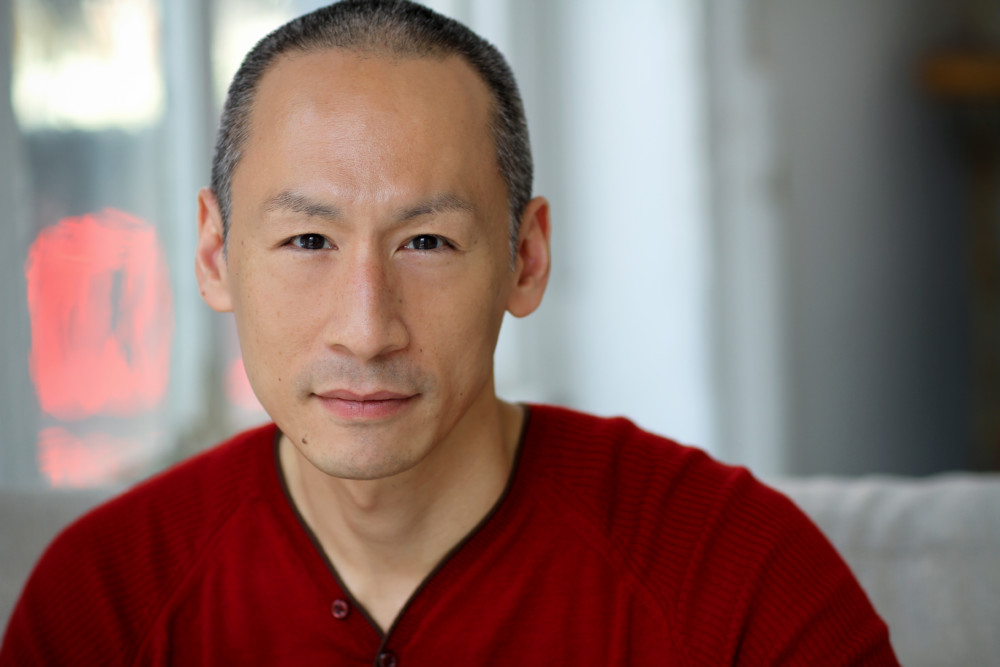
Francis Jue
By Brian Scott Lipton
In his multi-decade career on the New York stage, Francis Jue has become no stranger to taking part in great shows, including Pacific Overtures and Thoroughly Modern Millie, or winning awards. But this past theatrical season was still a high-water mark for this versatile actor. He received two nominations each from both the Lucille Lortel Awards (to be announced on May 3) and the Drama Desk Awards (to be announced on May 31) for his work as playwright “DHH” in the musical Soft Power and as the vicious Duch in the play Cambodian Rock Band.
TheaterPizzazz recently spoke to Jue about these extraordinary works, these awards, his feelings about how Asians and gay men are treated in theater and his thoughts on how Covid-19 might affect the future.
Q: Can you describe your feelings about being a double nominee for both these awards?
FJ: Each time the nominations came out I was on these intense Zoom meetings, so when I eventually found out about them I was flummoxed. This last season, especially for Off-Broadway, was so incredible and there was so much adventurous, inclusive, groundbreaking work than ever before being produced that to get this kind of acknowledgment truly bowled me over.
Q: Both shows have very unusual narrative structures. Were you concerned about the audience reaction to them?
FJ: For me, there is always concern on any show. But I learned something important when I did Millie. In some scenes, I was speaking in Cantonese or Mandarin, and there were many nights when the subtitle slides didn’t work, and I still got laughs. Until then, I thought my job was to lead viewers through a specific experience; but I realized everyone in a theater has both their own individual experience and a collective experience. So with these shows this year, while both of them pulled the rug out from under the audience at some point, I realized I didn’t have to worry about the audience’s reaction anymore. The hardest part for me in both pieces was knowing if I was in my character’s reality in the right time, which was especially true since I was narrating the story. Figuring that out with my amazing directors, Leigh Silverman and Chay Yew, helped me feel a little less lost onstage and I am really grateful to them.
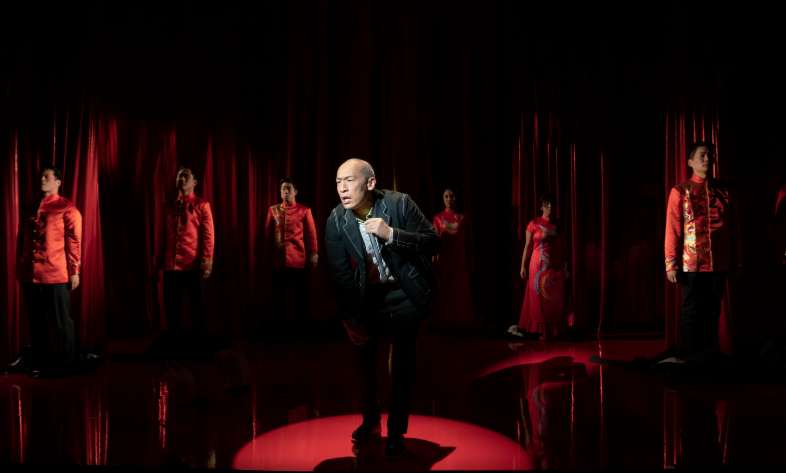

Francis Jue in Soft Power
Q: In Soft Power, you played a version of its author, David Henry Hwang, who has been your friend and collaborator for over 30 years. What was that like?
FJ: David not only asked me to do this, but years ago, he asked me to play his father in Yellow Face. I was much more nervous about portraying his dad, whom I had never met, because I was worried about living up to his memory. And the only note he gave me then is that his father, who was a big man, always stood tall and so should I. Instead, I was trying hard to play older, so I shuffled and stooped over. That was a great note about the importance of physicality that always stayed with me.
Q: Did that also apply to playing David in Soft Power?
FJ: Early on, I asked Leigh Silverman if I should get a wig to look like David, but I didn’t. And I never grew a beard or mustache either. Ultimately, it wasn’t about looking like him; it was about understanding him. And I knew that since David was in the room with us, if I did something really wrong, then he’d just tell me. In the end, I approached “DHH” like I now approach every other character — meaning how they deal with their body, their relationship to the world, and how they function in relation to the rest of the play. I must have done a good job, because his sister told me after one show that having played her father and brother so well, I should consider playing her and David’s mother!
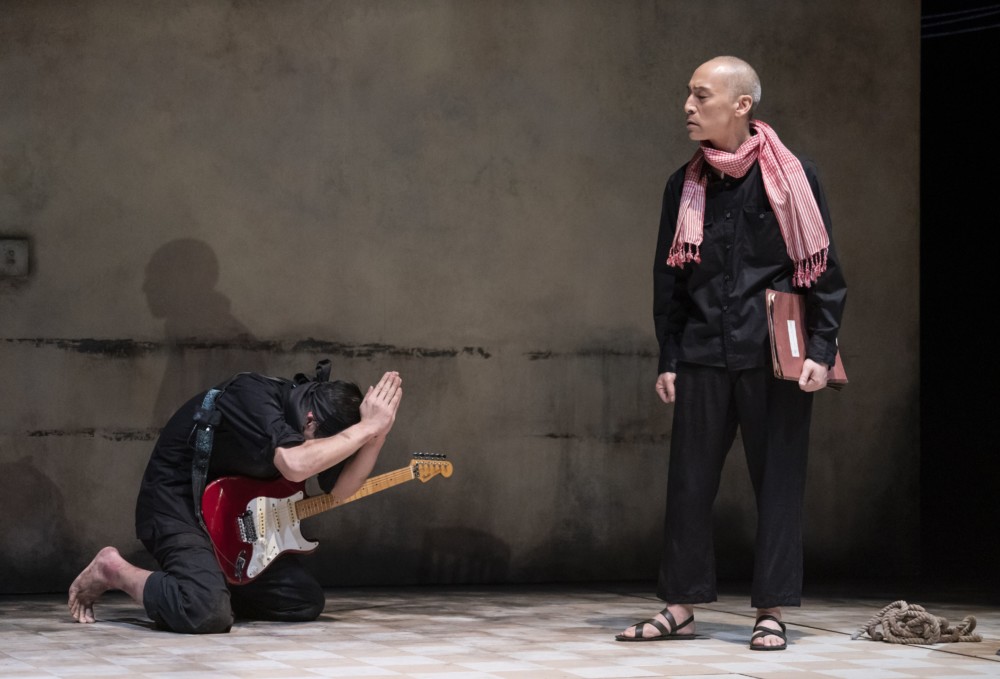

Francis Jue in Cambodian Rock Band
Q: In Cambodian Rock Band, you played a character who did horrible things, but your job was to make him a multi-dimensional human. Can you talk about that challenge?
FJ: One of the most remarkable things about Cambodian Rock Band is how well Lauren Yee (the playwright) shows us that Duik is a normal guy – he used to be a math teacher — who, under the right circumstances, proves to be capable of the most horrible things. The big question the play asks all of us is are we going to sit in judgment of him and categorize him as a monster or ask ourselves if we’re capable of the same cruelty. So my job was not to ask for sympathy for Duik or sand down his rough edges or compromise his viciousness; it was my job to make people feel he was as normal as anyone in that audience. A lot of the rationales he used for killing so many people are the same ones we use in different ways in everyday life. Ultimately, our basic senses of loyalty and tribalness sometimes lead to a disastrous human toll and sometimes it ends up with a glorious result. I think that statement sums up where we are in this country right now.
Q: As an Asian-American and an openly gay man, what is your take on there being more representation of Asian and gay characters on stage in recent years.
FJ: I do think we have made progress; there is much more opportunity than when I first joined the union. But there is still some discrimination in theater! Is every role open to everyone? I don’t think so. There are still too many productions where roles are pegged to only certain types of people. We’re getting a larger slice of the pie, but the pie is still mostly straight, white and male. So, no, I don’t know if we made enough progress!
Q: How do you feel about having to take part in the awards season at home?
FJ: The good news is I can freak out at home. But I hope the organizers of these show can rustle up clips from the season because it will contribute to our sense of community. And of course, what I will miss the most is not seeing the other nominees. I look forward to celebrating with them when the pandemic is over.
Q: Do you have any thoughts about the future of theater when the pandemic is over?
FJ: I think we’ve all learned that history is not a straight line. So, it will be interesting to see what we get to work on and what audiences will want to see. I believe we have a generation of artists who need to cope with what happened and I can’t wait to find out how they tell their stories.



